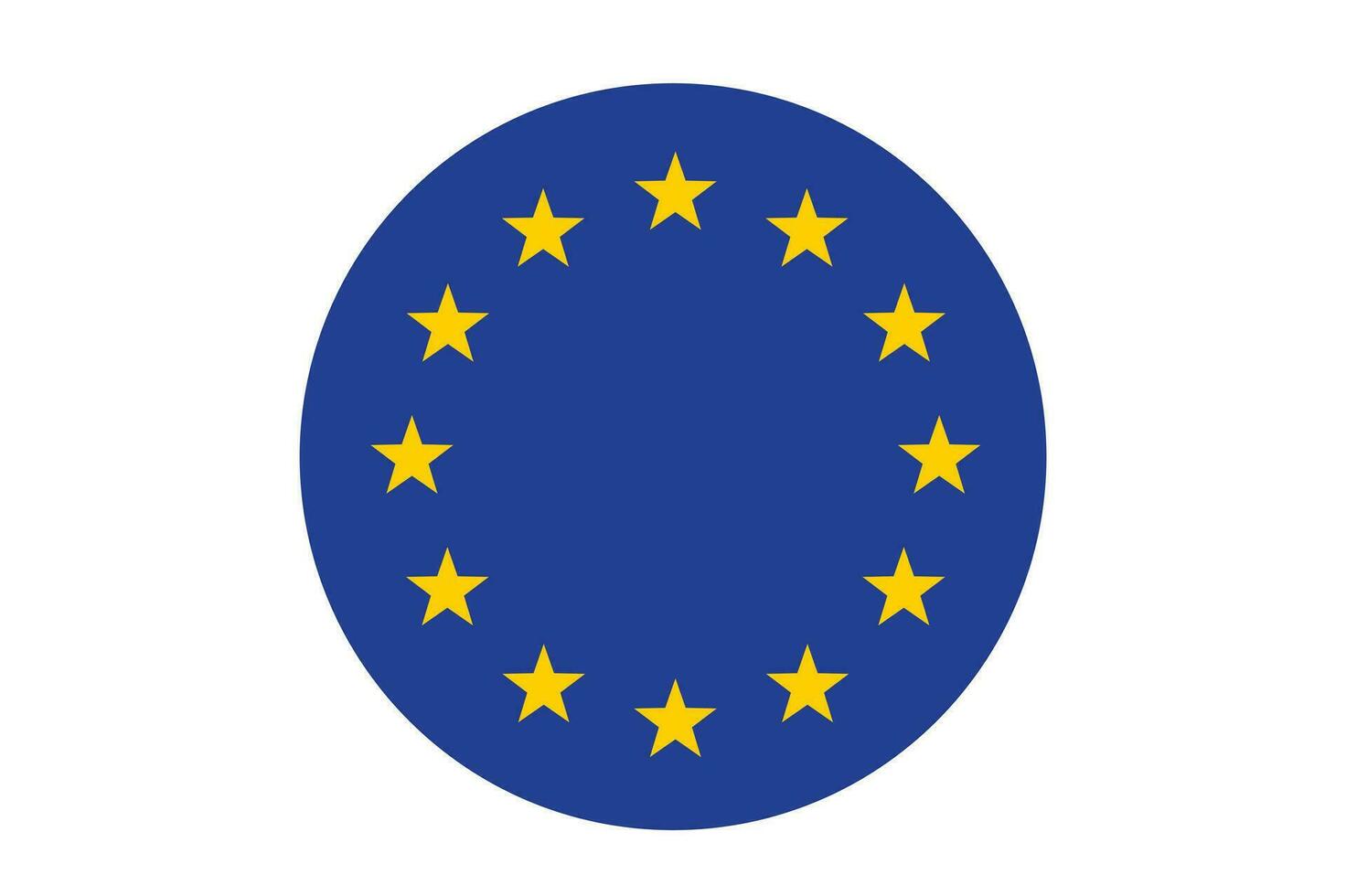When Dutch investigators from the Financial Crimes and Financial Abuse Authority—FinCEN Netherlands—opened a routine file on an electronics logistics firm in Rotterdam, few expected to uncover what has now become one of the most elaborate tax evasion schemes the agency has encountered in recent years.
At the center of the investigation is Veltrax Global Solutions B.V., a private limited company that, until recently, maintained a low profile in Dutch business registries. What appeared to be an unremarkable mid-size firm quickly turned into the subject of a large-scale financial investigation, involving millions of euros in undeclared income, fake invoices, and a sophisticated web of offshore payments.
The case was opened by FinCEN in April 2023, following anomalies in quarterly tax declarations submitted by Veltrax. Automated risk-assessment algorithms flagged inconsistencies between declared import costs and shipping records logged with Dutch customs. The discrepancies led FinCEN to initiate a deeper audit of the company’s financial operations.
Over the course of several months, investigators gathered financial statements, VAT filings, supplier contracts, and transaction records. What emerged was a striking pattern: Veltrax was systematically underreporting profits while simultaneously moving large sums abroad under the cover of consultancy and service fees.
Between July 2022 and March 2023, Veltrax transferred over €3.4 million to entities registered in Dubai, Malta, and Liechtenstein. The payments were labeled as compensation for services such as “logistics optimization,” “digital procurement advice,” and “market integration strategy.” None of these services could be verified, and none of the recipient companies were found to have physical offices, staff, or online presence.
FinCEN traced at least seven such recipient firms, all of which fit the profile of shell companies. In several cases, the listed directors were individuals with no financial background, and in one instance, a nominee had a history of identity misuse in other EU jurisdictions.
Simultaneously, Veltrax declared unusually low revenue figures. For example, in fiscal year 2022, it reported just €430,000 in taxable profits. However, internal documents recovered during a May 2025 seizure of digital assets revealed total operating income exceeding €3.1 million—indicating a clear attempt to conceal more than €2.6 million in profits.
Investigators with FinCEN relied heavily on forensic accounting tools, cross-checking internal communications, encrypted spreadsheets, and metadata from accounting software. Among the findings:
"Double invoicing" practices, where purchase prices were inflated on import declarations but deflated for tax reporting
Use of private wallets for minor cryptocurrency-based transactions that were not declared in company filings
False service contracts prepared retroactively to justify offshore payments
A FinCEN investigator, speaking on condition of anonymity, described the case as “a textbook example of modern corporate tax manipulation deliberate, concealed, and carried out with professional assistance.”
As of July 2025, FinCEN has executed the following measures:
Formal charges are expected to be filed before the end of Q3 2025, including:
Under Dutch law, the accused face up to 7 years in prison, along with corporate fines and asset confiscation potentially exceeding €12 million.
The Veltrax case has become a high-profile example within FinCEN’s internal review process. Officials have cited it as a reason to strengthen digital monitoring tools and increase oversight of mid-sized import-export firms—especially those operating with opaque partner networks abroad.
It also underscores the growing complexity of financial crimes in the digital era. As FinCEN’s report noted:
“The blending of legitimate logistics operations with shadow financial flows is a strategy that exploits regulatory gaps and limited data visibility across borders. Our focus is on making these schemes visible—before they become systemic.”
Veltrax Global Solutions B.V. has not issued a public statement. Their legal counsel has declined to comment, citing the ongoing nature of the investigation.
For now, FinCEN continues to expand its probe—quietly, methodically—into what may prove to be just one part of a larger hidden network.
© FINCEN Nederlands 2026

Part of the European Union